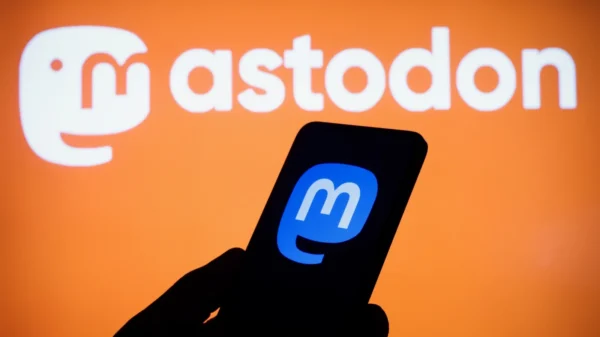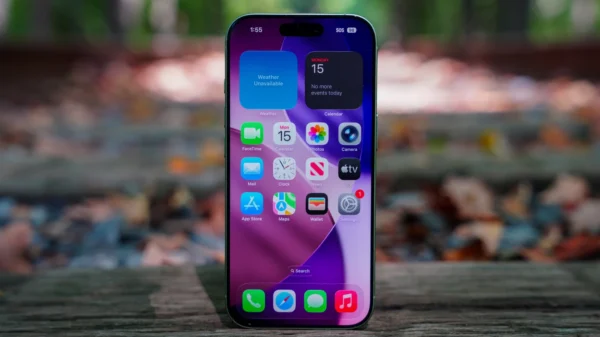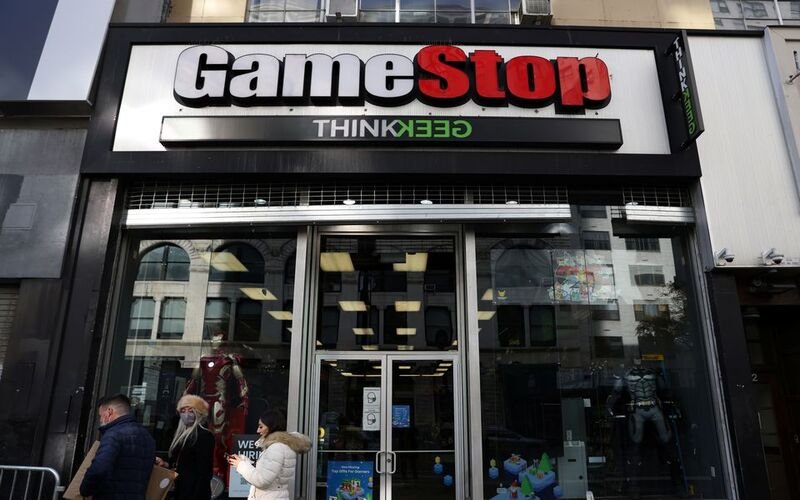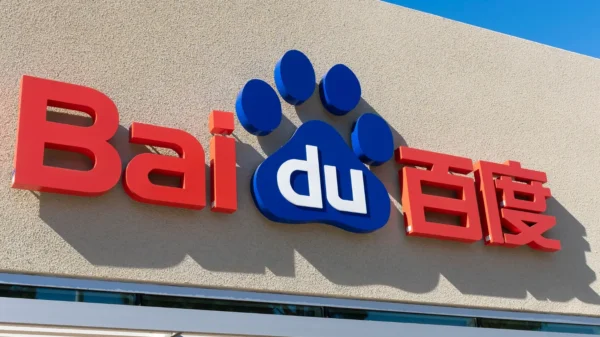On Thursday, billionaire Ryan Cohen became GameStop’s CEO and chairman, strengthening the activist investor’s control over the struggling gaming store he wants to fix.
Online downloads have hurt the brick-and-mortar business that formerly drew players, resulting in a 2021 conflict between hedge funders speculating on its downfall and retail traders driving up its stock.
Cohen, GameStop’s largest investor, joined the board when meme stocks peaked to help the company transition to e-commerce.
Building Chewy into a $3.5 billion behemoth that he sold in 2017 made him famous.
After Matt Furlong left Gamestop, Cohen became executive chairman in June. The business stated he will forfeit that title and not be paid for his new duties.
As GameStop, which relied on physical storefronts, struggled to restore its company, the billionaire aggressively pushed for an online-focused approach.
He has now abandoned some of those e-commerce ideas, employing GameStop’s locations to pick up internet orders.
GameStop’s quarterly earnings this month showed that the plan was working as robust demand for videogames, collectibles, and consoles drove a lesser loss and more sales.
Analysts worry about GameStop’s delayed turnaround and Cohen’s uneven record as an activist investor at firms he has attacked, including insolvent Bed Bath & Beyond and Nordstrom (JWN.N).
Former COO Jenna Owens left in October 2021, seven months after starting. Former finance head Michael Recupero, recruited with Furlong, was fired last year.
Wedbush analyst Michael Pachter stated “the appointment of the controlling shareholder reflects the difficulty GameStop has had attracting executives.”
“We believe GameStop is doomed due to declining physical software sales and a shift to subscriptions and digital downloads.” The video-game retailer’s shares have fallen more than 7% this year and more than 80% from its 2021 record high. Their Thursday price was 2% lower.













































